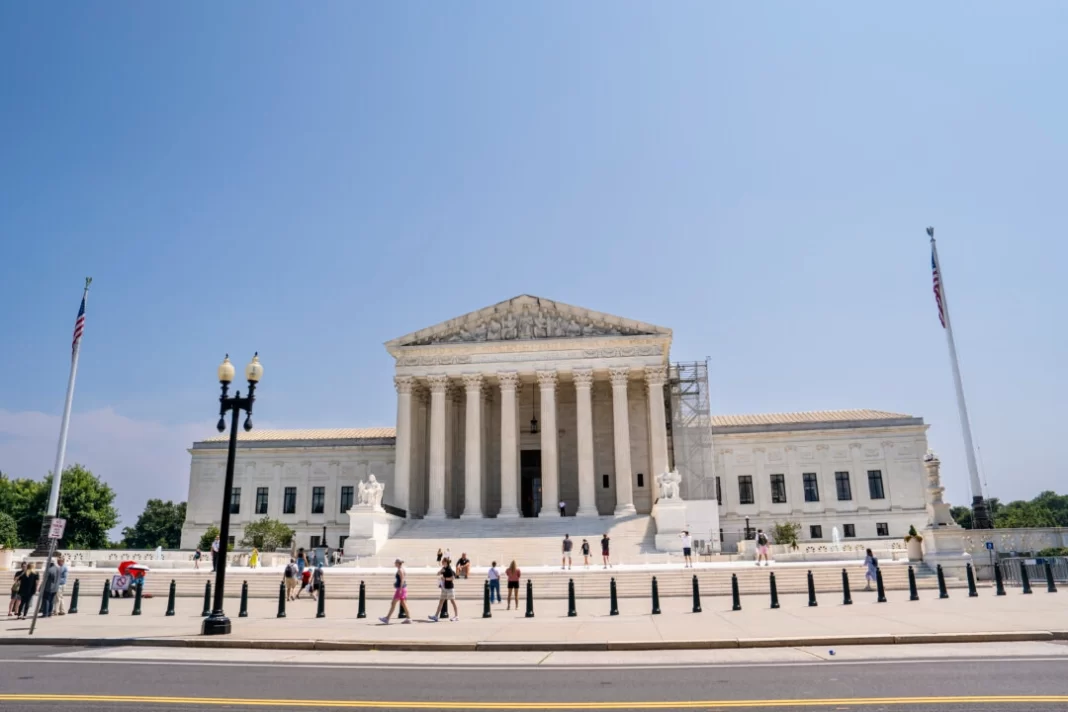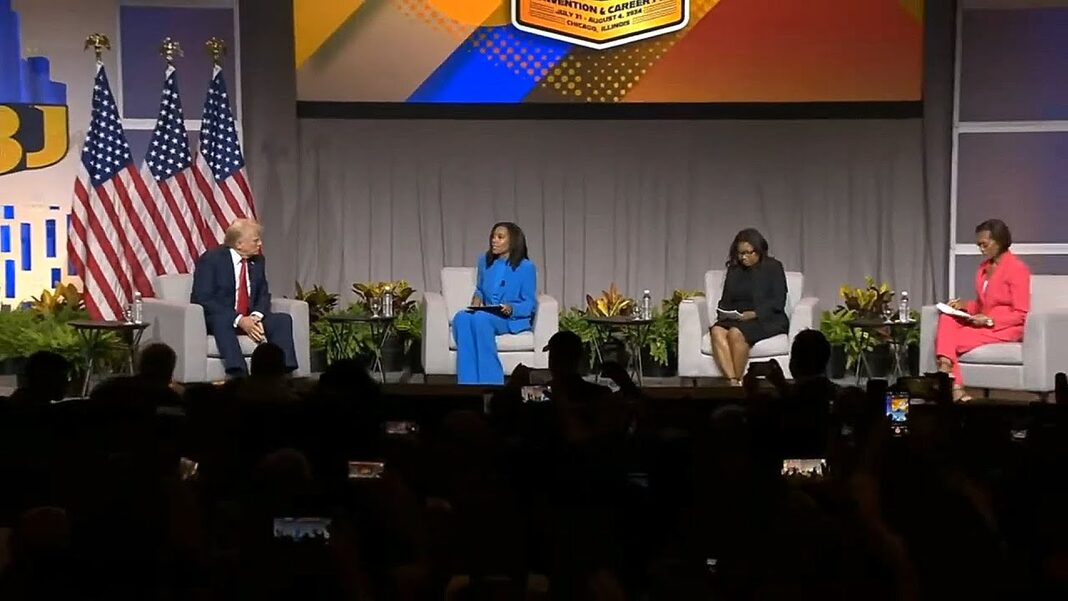Parents argue the ban violates the Constitution’s Equal Protection Clause.
The Supreme Court said on July 31 that it will formally consider on Sept. 30 whether to hear a challenge to Michigan’s ban on government funding of religious schools.
The case comes as the school choice movement, which aims to give parents an opportunity to keep their children out of under-performing government-run schools by providing alternative education funding strategies, has enjoyed a string of victories at the nation’s highest court in recent years.
The Supreme Court voted 6–3 in 2022 to strike down a Maine law that excluded families from a student aid program if they chose to send their children to religious schools. In Carson v. Makin, the court held that the program violated the free exercise clause of the First Amendment.
That clause guarantees Americans the right to practice religion as they see fit. It has also been held to protect actions carried out in pursuit of religious beliefs, subject to some exceptions.
The Supreme Court voted 5–4 in Espinoza v. Montana Department of Revenue (2020) that Montana’s decision to exclude religious schools from a state scholarship program funded by tax credits also offended the free exercise clause.
The prohibition against state funding appears in Article VIII, Section 2, of the Michigan Constitution, and applies to all private schools, whether they are religious or nonreligious in nature.
Many states have such provisions—known as Blaine Amendments—in their state constitutions.
The original Blaine Amendment, which was proposed in Congress, was “‘born of bigotry’ and ‘arose at a time of pervasive hostility to the Catholic Church and to Catholics in general,” the Supreme Court stated in the Espinoza decision.
“Many of its state counterparts have a similarly ‘shameful pedigree,’” the court said.
In the case at hand, the petitioners argue that the Michigan funding ban violates the equal protection clause of the 14th Amendment to the U.S. Constitution.
Lead petitioner Jill Hile, along with the Parent Advocates for Choice in Education Foundation and other parents of school-age children who want to secure public assistance for their children’s private religious school tuition in the state, filed a petition with the Supreme Court on April 4.









